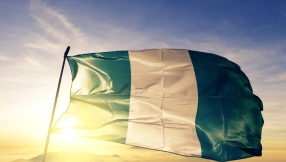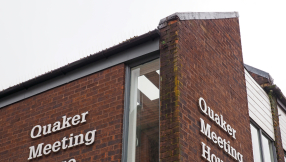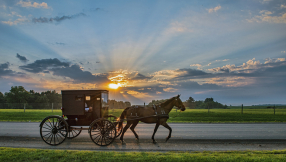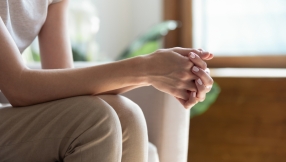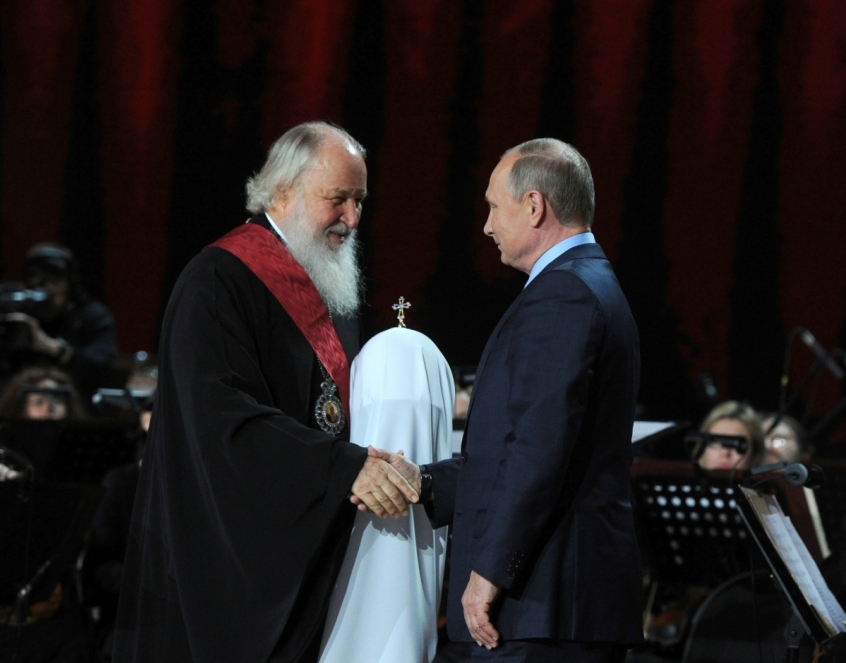
One of American's most influential conservatives has joined with a leading member of the country's Jewish community to condemn Russia's crackdown on religious freedom.
Clifford May and John Ruskay, both of the US Commission on International Religious Freedom wrote an op-ed for USA Today calling for scrutiny on Russian policy at home and abroad.
The describe the 'Yarovaya Law' signed off by President Vladimir Putin in July as "the most repressive legislation since the Soviet era against the right of freedom of religion or belief."
Protestants, Muslims and human rights activists were among those who protested the new laws.
Under the pretext of fighting terrorism, they include a "particularly chilling measure" for evangelical Protestants and others who share their faith that makes it a crime to engage in religious activities.
These can range from preaching and teaching to religious publishing.
Earlier this year, a American missionary became one of the first victims of the country's clampdown on religion and lost his appeal against a conviction for evangelising. Last month, a performance of the musical Jesus Christ Superstar was cancelled in Omsk following Orthodox protests. Amnesty International described the cancellation as "an affront to freedom of expression".
May and Ruskay write: "Unfortunately, this is hardly the first attempt during the Putin era to equate peaceful religious behavior with terrorism or extremism.
"For nearly a decade, Russian authorities have targeted innocent people of faith by deploying against them an anti-extremism law that requires neither using nor advocating violence for actions to be labeled 'extremism'."
People arrested even before the new measures included the Turkish Muslim theologian Said Nursi and Jehovah's Witnesses. If convicted, people can go to prison for up to four years. The new measures make the penalties harsher and also targets missionary activity, so only religious organisations that are registered with the Russian state can evangelise.
Protestants are often not allowed to register even if they try to do so.
May and Ruskay say Putin is doing this in order to extend authoritarian control "by subjugating alternative sources of authority".
They say that Russian authorities see alternatives to the Orthodox Church's Moscow Patriarchate as "rivals and dangers to Russia's unity."
Such actions violate the universal right to freedom of religion guaranteed in international documents such as Article 18 of the 1948 Universal Declaration of Human Rights.






